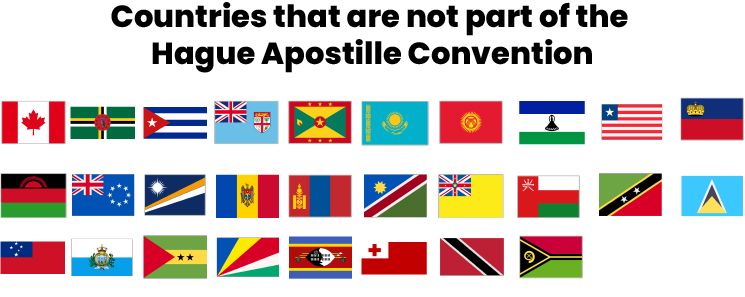Non-Hague countries refer to nations not signatories to the Hague Convention on the Civil Aspects of International Child Abduction or other international treaties under the Hague Conference on Private International Law. The Hague Convention was designed to standardize international legal cooperation across borders, particularly in child custody, adoption, evidence collection, and document validation. Non-Hague countries exist outside this global framework, either due to deliberate policy decisions, developmental constraints, or historical contexts.
A country’s decision not to adopt Hague protocols may stem from several factors, including sovereignty concerns or differing domestic legal systems. For example, certain nations prioritize indigenous legal traditions that conflict with international standards. Others may lack the infrastructure to implement Hague provisions effectively. Non-Hague countries often rely on bilateral agreements or discretionary decision-making when handling cross-border legal matters.
The global impact of non-Hague countries is multifaceted. On the one hand, their absence from the Hague Convention creates challenges for international collaboration. For example, child custody disputes between Hague and non-Hague countries can result in jurisdictional stalemates, leading to prolonged legal battles and destabilizing family dynamics. On the other hand, some non-Hague nations argue that alternative frameworks allow for culturally sensitive approaches and greater national autonomy.
The position of non-Hague countries in the international legal landscape influences foreign policy, international trade, and the judicial systems of signatory nations. Cooperation often hinges on diplomatic negotiations and tailored agreements rather than the universal predictability offered by Hague protocols. This dynamic underscores the intricate balancing act between global legal standardization and respect for national sovereignty.
